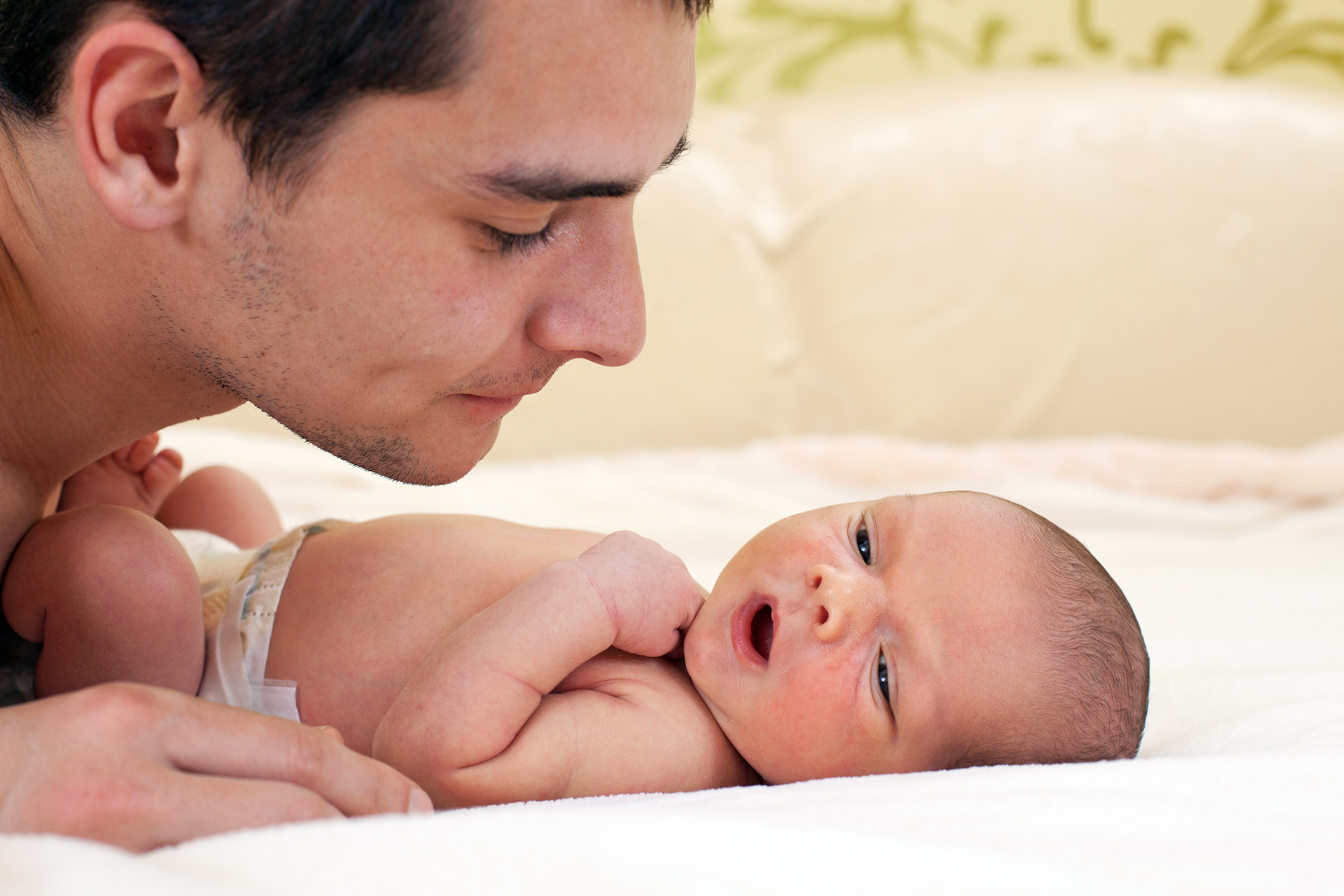 Start as you mean to go on. It’s a common saying with a clear enough meaning: it’s easier to get where you’re going when your first steps are on the right path. So what can we do to put our children on the right path for finding social, emotional, and academic success? For one thing, we can recognize, respect, and promote the importance of giving parents and children enough time together to build strong and stable bonds, particularly in the first three years of life.
Start as you mean to go on. It’s a common saying with a clear enough meaning: it’s easier to get where you’re going when your first steps are on the right path. So what can we do to put our children on the right path for finding social, emotional, and academic success? For one thing, we can recognize, respect, and promote the importance of giving parents and children enough time together to build strong and stable bonds, particularly in the first three years of life.
It’s during these first three years that a child’s brain goes through its most rapid and, in many ways, most meaningful growth. While most species move rapidly from infant dependency to adult self-sufficiency with brains already hardwired for most of the instincts they need to survive and thrive, we people are born with much more flexible brains just waiting to adapt to our complex cultural and familial environments. During this time when the brain is at its most malleable, each interaction a baby has with caregivers shapes his or her brain structure. Even the most mundane experiences of day-to-day life can have a lasting effect on a baby’s future development, building an ever-expanding collection of expectations and perceptions about the world around them. For instance, children whose primary caregiver consistently provides for all their basic needs (food, shelter, safety, and comfort) generally develop positive associations with creating emotional connections. Meanwhile, a child whose needs are met less predictably or who faces interruption in emotional connections will be more likely to feel stress in unfamiliar situations or when forming new relationships.
While it’s possible for children to overcome early negative experiences and “rewire” their brains further down the line, isn’t it just simpler to try to do the job right the first time by making sure parents have the means to be a stable, positive presence in their children’s lives from the start? We certainly think so! For Our Babies supports paid family leave for the first nine months of a child’s life. Each week in this blog, we’ll be returning to this issue to look more closely at relevant research and share news and personal stories. Do you have an experience you’d like to share?






